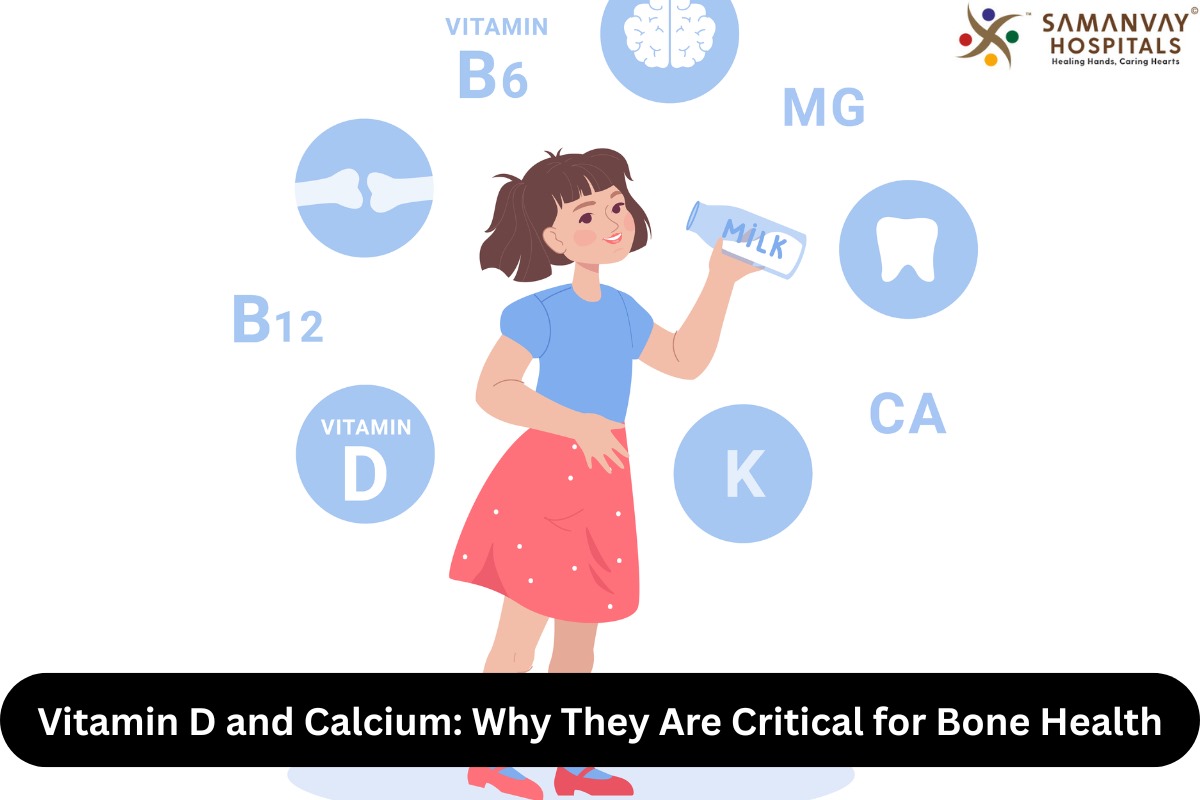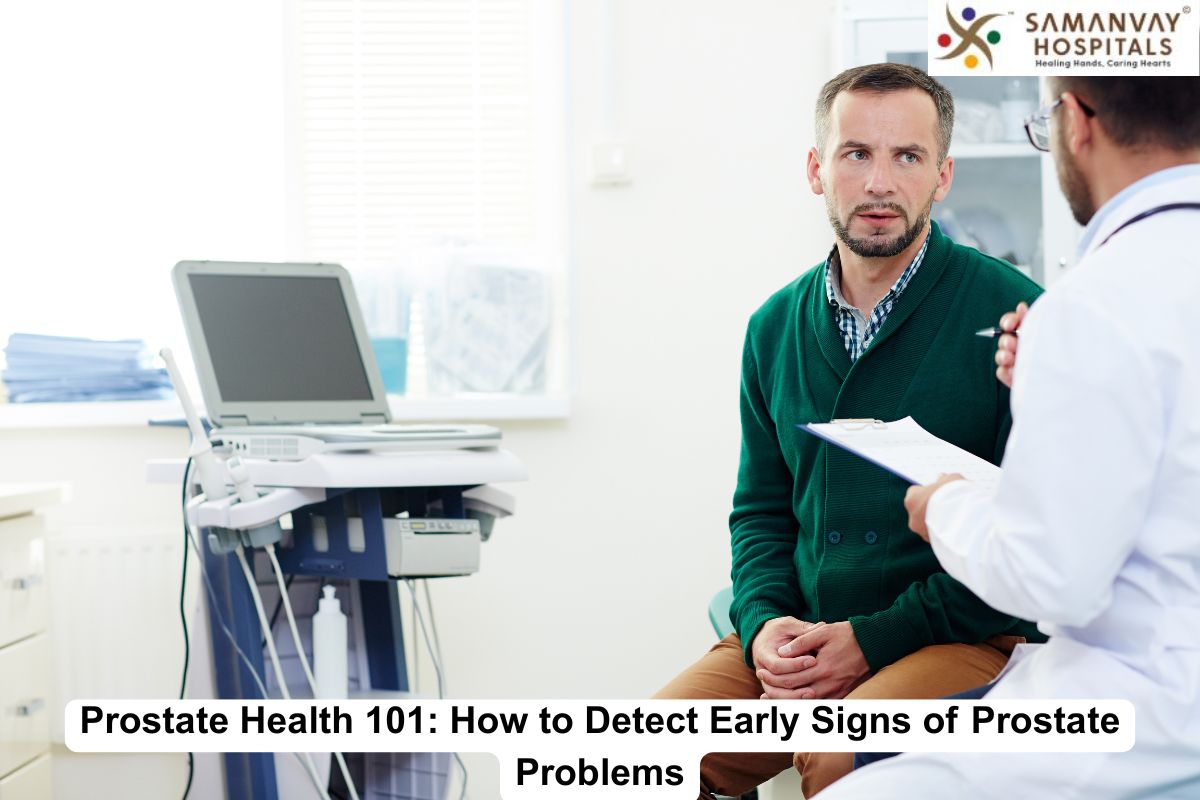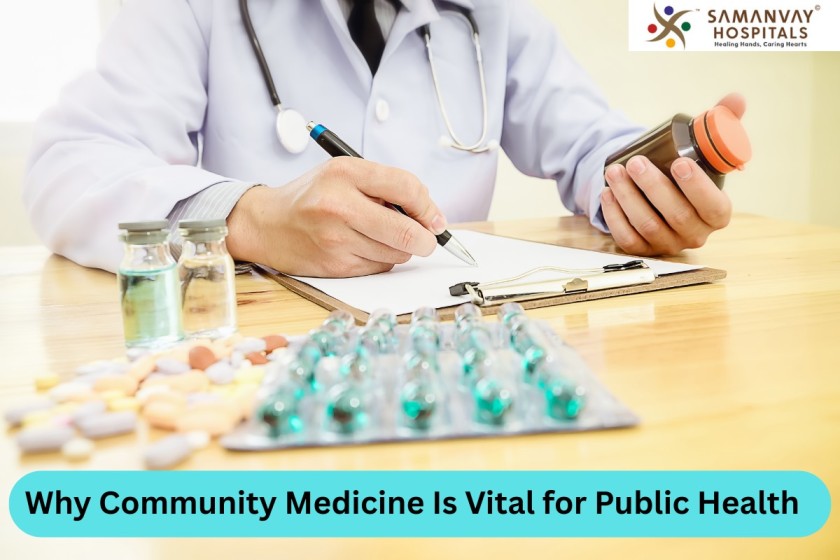
Heart conditions can be serious, so they require severe cardiac surgery. Knowing when it may be required will help minimize the apprehension associated with this condition. This blog talks about the common cardiac procedures and recovery process as well as aspects that will influence your decision on whether to opt for surgery.
When Should You Consider Cardiac Surgery?
Cardiac surgery is resorted to when all the other interventions have been tried out. A doctor would advise it with blocked arteries, heart valve disorders, or abnormal heart rhythms. Surgery may also be advised, if lifestyle and drugs are not improving it.
Your cardiologist will conduct a number of tests to know whether or not you will need surgery. The most common ones used include echocardiograms, stress tests, and angiograms. Further, they use them to know the level up to which your heart is involved. Based on the test results, your doctor may advise you of the need for surgery so that complications are prevented from arising.
Common Cardiac Surgery Procedures
There are several cardiac surgeries that aim to treat different heart disorders. Some of them are very common, such as the following:
Coronary Artery Bypass Grafting (CABG)
CABG is the most frequent procedure that is offered for obstructed arteries. It consists of the elimination of a healthy blood vessel from another area of your body that bypasses a portion of an artery. Using this healthy new vessel improves better flow of blood around the blockage. Often, heart attacks are prevented by CABG; however, a heart-healthy lifestyle must accompany it.
Heart Valve Repair or Replacement
The heart valves perform to regulate the flow within the chambers and their blood circulation in and out of them. Failed valves may lead to various problems in health. Therefore, heart valve surgery is often relied on for scenarios wherein the real or replaced failed valve may help improve symptoms such as breathlessness or fatigue significantly.
Pacemaker Implantation
A pacemaker is a small device that is placed under the skin near the heart. This device regulates abnormal heartbeats. People normally use pacemakers in the treatment of a slow or irregular heartbeat. This is a minimally invasive operation and thus ensures prompt recovery. The patients can return to their daily routine within a few days.
Aortic Aneurysm Repair
An aortic aneurysm is a ballooning out of the damaged part of the aorta. Left unchecked it can rupture and later lead to more dangerous complications that could be life-threatening. Aortic aneurysm surgery can solidify the damaged area with a graft. This can help prevent the aortic aneurysm from bursting and maybe lengthen the patient’s lifespan.
Arrhythmia Surgery
Arrhythmias are irregular heartbeats. These arrhythmias can sometimes present with dizziness or fatigue. Arrhythmia surgery, therefore, is conducted in some instances where the treatment cannot be controlled with medication alone. Such a surgery would adjust the electrical signals, which are responsible for the rhythm of the heart. Other than adjusting the electrical signals, the surgery may also protect the patient from other complications that may sometimes accompany such a condition, whereby there is a possibility of stroke or heart failure.
The Role of Specialists in Cardiac Surgery
Essential actions are to be taken before deciding on surgery. The best cardiologist in Baroda will diagnose what is wrong in your heart and recommend the most appropriate treatment. Furthermore, a lung specialist in Vadodara is also involved with the treatment if the problems in your heart have affected the lungs. Besides, some heart surgeries require a more advanced setup for equipment and facilities. In such cases, you may have to go to the
best gynec hospital in vadodara or go to a hospital that specialises in cardiology.
Recovery After Cardiac Surgery
The time taken to recover after cardiac surgery depends upon the procedure, though one should strictly follow the prescription of the doctor to heal properly.
Hospital stay and Initial Recovery
A monitoring process will begin in the hospital immediately after surgery. The stay in the hospital varies from one surgery to another as different surgeries vary with their complexity. Most patients are required to stay in the intensive care unit during the initial days after surgery. Doctors and nurses will keenly monitor the functioning of your heart and blood pressure, among other vital signs.
At-Home Recovery
Once you are discharged, recovery continues at home. You are supposed to rest and avoid strenuous activities. At the same time, light activities such as walking are encouraged to help improve circulation. Moreover, you need to follow up on the appointments to check on your progress. Your physician may give you medications to prevent potential complications, for example, blood clots or infections.
Cardiac Rehabilitation
Rehabilitation programs are useful since they bring strength and confidence back to the patient’s life. Supervised exercise, nutrition guidance, and lifestyle counselling are some of the rehabilitation programs included. Furthermore, rehabilitation will decrease the chances of heart problems in the future. Your physician may advise cardiac rehabilitation as a means to help enhance your recovery process and overall healing and recovery process.
Potential Complications and Risks
Like most operations, cardiac surgery involves some risks. These can include infection, blood clots, and reactions to anaesthetics. However, the risk of complications is relatively low in case proper care is taken and a patient follows his or her doctor’s instructions. Other factors that may influence outcomes include age, general health, and type of surgery.
Therefore, it is important to communicate your concerns with the doctor. They can design a fitting treatment plan according to your health condition. Moreover, facilities such as the best urology hospital in vadodara may liaise with the cardiac team to provide more holistic care.
Long-Term Care After Cardiac Surgery
Recovery calls for adopting a lifestyle that promotes a healthy heart. Diet, regular exercise, and stress management are very important. In addition, constant follow-up with your cardiologist is of paramount importance to verify that everything is fine with your heart. Some patients even have to remain on lifelong medications, anticipating the prevention of potential future problems in the heart.
The patient may need to visit other specialists on some occasions. For example, if the cancer treatment hurts the heart, the best oncologist in Vadodara will have to team up with your cardiologist. Likewise, neurological conditions may also affect the heart, and your best neurologist in Baroda must work together to manage them.
Conclusion
Cardiac surgery is life-saving for most heart conditions. Knowing when to have it and knowing the procedures help alleviate the decision-making process. Recovery from cardiac surgery is very trying, but when successful, it greatly improves the quality of your life. Always see the right doctor; what’s the best cardiologist?






